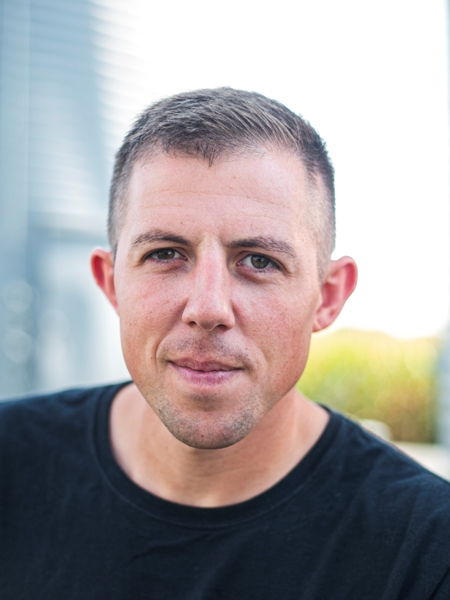
Farmers


Elliott Uphoff
Shelbyville, IL
About Elliott Uphoff
Millennial farmer
I’m a millennial farmer, which means a couple of things: 1. I think outside the box and 2. I’m concerned about sustainability. I have a bachelor’s degree in plant and soil sciences from Southern Illinois University Carbondale which has helped me see farming from a different angle. It’s easy to look at the crops growing above ground and make some observations, but a successful farmer must also take into consideration the soil beneath the growing crop and the air around it. Crop farming is about more than just plants.
One thing I wish people knew about farmers is that we truly care about the environment. It is often set up in media stories as “us versus them” when it comes to agriculture and environmentalists, but the way I see it, part of my job as a farmer is to be an environmentalist.
Local, renewable, sustainable
We know fossil fuels negatively impact the environment and are finite resources. We also know we are really good at growing corn and soybeans in Illinois and want to find alternative ways to use these locally grown crops. This is why I think renewable fuels like biofuels made from corn and soybeans are important to consider. Illinois corn and soybean farmers are growing renewable solutions and adopting alternative energy methods like solar panels and wind turbines. If we can keep sourcing our energy from renewable resources like this, our whole society could be more sustainable.
Growing biofuels lets us all breathe easier
Most of my fellow millennials like to shop local. It doesn’t get much more local than biofuels. The majority of all corn and soybeans are grown right here in Illinois. If we were a country, we’d be the world’s third largest soybean producer. Combine that with the fact that biofuels like ethanol burn cleaner than gasoline, and you’ve got one heck of a local, environmentally conscious product.
To be completely sustainable, farmers would use all the crops they grow. While we haven’t achieved that, we have taken some steps in that direction. My day job is actually driving a semi truck, where you can find me driving about 50,000 to 60,000 miles a year. That burns a lot of fuel. I fuel the truck with biofuel – biodiesel in this case – made from crops grown on our farm because they burn cleaner and can even be less expensive for us to run.